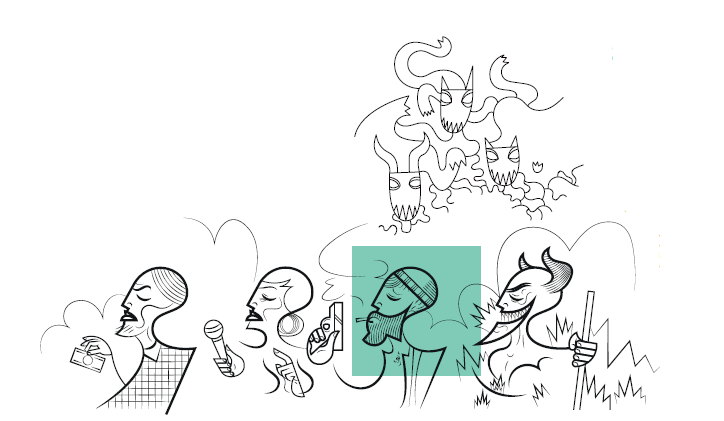Corruption in BiH: A change in the reform paradigm is needed
The third report on the harmonization of regulations and the existing institutional framework of BiH in the field of anti-corruption and the fight against organized crime, shows that numerous reform processes, which are conducted within this area, despite all efforts, do not contribute to reducing corruption.

The analysis of the legislative and institutional framework in this area shows that the formation of numerous institutions that have the fight against corruption in their mandate, but also the overall legislative activity in this field, have not yielded results in neutralizing the harmful effects of corruption.
The repressive response to corruption is equally devastating, and the report shows that there is a difference between corruption, which is perceived as ubiquitous in opinion polls and relevant international reports, and corruption, which is detected and prosecuted in practice. Although BiH has a robust institutional framework, which includes the existence of specialized investigative bodies, there are still no cases of processing the so-called “high corruption”.
The response of the judiciary, as a separate and independent branch of government, as stated in the research, was completely absent despite the numerous funds invested in the reform of the judiciary, especially by the international community.
The general suggestions for improving the situation that arise from the analysis are:
- Consider changing the reform paradigm for key sectors such as the judiciary, but also for the general direction of public policies in the fight against corruption – the results so far indicate that a break with current practice is needed and that the policy of continuity, gradual change and strengthening of existing mechanisms and institutions does not give results. The idea of vetting or special oversight of the judiciary, if not accepted, must be periodically considered in decision-making positions.
- Enable stronger oversight of civil society in the regulatory judiciary institutions, but also in other places (e.g. in the working bodies of the legislature).
- Simplify and strengthen the institutional framework in the fight against corruption, especially in the area of prevention.
- Introduce special trainings and special ways of evaluating judges, as well as prosecutorial and police teams dealing with the most serious forms of crime.
- Extend the conflict of interest to as many possible situations and persons at all levels of government through new legislative solutions.
The research was conducted by UG “Why Not” in cooperation with partners from the region – the Center for Democratic Transition (CDT) from Montenegro, the Center for research, transparency and accountability (CRTA) from Serbia, and the Metamorphosis Foundation from Northern Macedonia.
The entire Report on the harmonization of regulations and the existing institutional framework of BiH in the field of anti-corruption and the fight against organized crime is available at this LINK.